That Mad Ache & Translator
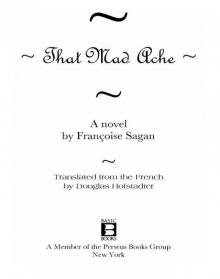

Author: Françoise Sagan
Category: Fiction
Published: a long time ago
Series:
View: 375
Read OnlineThat Mad Ache, set in high-society Paris in the mid-1960’s, recounts the emotional battle unleashed in the heart of Lucile, a sensitive but rootless young woman who finds herself caught between her carefree, tranquil love for 50-year-old Charles, a gentle, reflective, and well-off businessman, and her sudden wild passion for 30-year-old Antoine, a hot-blooded, impulsive, and struggling editor. As Lucile explores these two versions of love, she vacillates in confusion, but in the end she must choose, and her heart’s instinct is surprising and poignant. Originally published under the title La Chamade, this new translation by Douglas Hofstadter returns a forgotten classic to English.
In Translator, Trader, Douglas Hofstadter reflects on his personal act of devotion in rewriting Françoise Sagan’s novel La Chamade in English, and on the paradoxes that constantly plague any literary translator on all scales, ranging from the humblest of commas to entire chapters. Flatly rejecting the common wisdom that translators are inevitably traitors, Hofstadter proposes instead that translators are traders, and that translation, like musical performance, deserves high respect as a creative act. In his view, literary translation is the art of making subtle trades in which one sometimes loses and sometimes gains, often both losing and gaining at the same time. This view implies that there is no reason a translation cannot be as good as the original work, and that the result inevitably bears the stamp of the translator, much as a musical performance inevitably bears the stamp of its artists. Both a companion to the beloved Sagan novel and a singular meditation on translation, Translator, Trader is a witty and intimate exploration of words, ideas, communication, creation, and faithfulness.
In Translator, Trader, Douglas Hofstadter reflects on his personal act of devotion in rewriting Françoise Sagan’s novel La Chamade in English, and on the paradoxes that constantly plague any literary translator on all scales, ranging from the humblest of commas to entire chapters. Flatly rejecting the common wisdom that translators are inevitably traitors, Hofstadter proposes instead that translators are traders, and that translation, like musical performance, deserves high respect as a creative act. In his view, literary translation is the art of making subtle trades in which one sometimes loses and sometimes gains, often both losing and gaining at the same time. This view implies that there is no reason a translation cannot be as good as the original work, and that the result inevitably bears the stamp of the translator, much as a musical performance inevitably bears the stamp of its artists. Both a companion to the beloved Sagan novel and a singular meditation on translation, Translator, Trader is a witty and intimate exploration of words, ideas, communication, creation, and faithfulness.
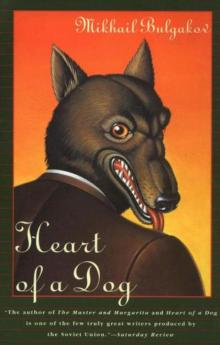 A Dog's Heart
A Dog's Heart Home Torn
Home Torn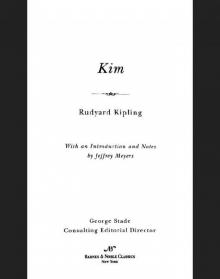 Kim (Barnes & Noble Classics Series)
Kim (Barnes & Noble Classics Series)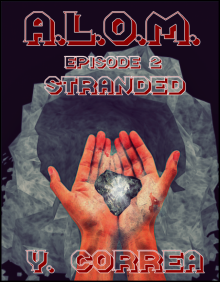 A.L.O.M Episode 2: Stranded
A.L.O.M Episode 2: Stranded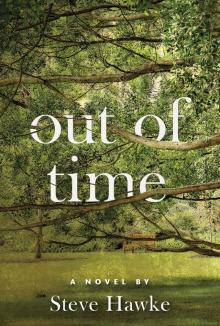 Out of Time
Out of Time The Edge of the Knife (Surviving the Fall 8)
The Edge of the Knife (Surviving the Fall 8) All Our Shimmering Skies
All Our Shimmering Skies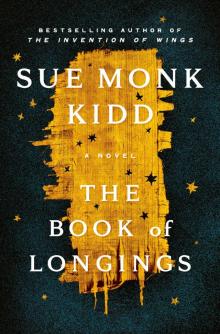 The Book of Longings
The Book of Longings